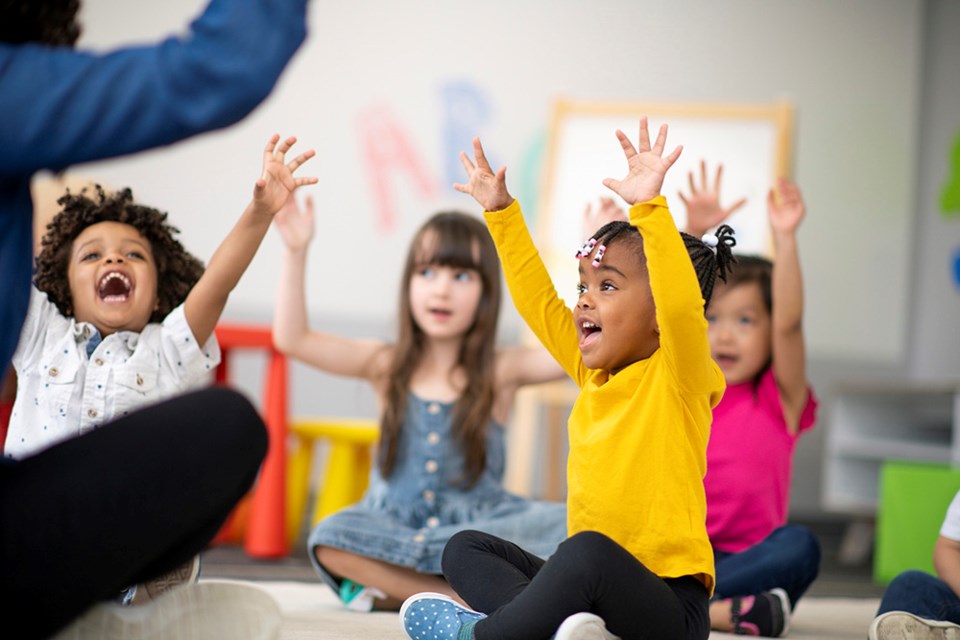As parents eagerly await their child’s entry to kindergarten in September, there is great pressure on early childhood educators to have children “ready” for kindergarten.
This dominant discourse of school readiness has existed for as long as we can remember. The ideas that children must recognize letters, numbers, write their own names and have a phonetic understanding of the alphabet, while writing those letters in proper formation, have been ever present in this space that exists between pre-primary and primary education.
This month, as we celebrate child care in the many capacities it exists in our wonderful community, I invite you to challenge this discourse, to engage in dialogue with educators and to talk about what skills really matter for a child’s entry into primary school.
You may be surprised to hear stories from educators who reflect on their September intake and fondly remember those children who had strong self-regulation skills, who were socially well adjusted and who were kind and empathetic: The children who had the confidence to respectfully advocate for their own needs and those of others; the children who couldn’t print their own names correctly, nor had begun reading in any capacity, but had a love of learning that was full of curiosity and wonder; and the children who inspired the educators to put the workbooks down, get their hands dirty and focus on building community through relationship with others.
The next time you ask your children about their days, I encourage you to listen deeply to their response. Was it about something they successfully read, their score on a spelling test, or a piece of work they created? Or, was it about relationship, process, experience, how others made them feel, and how they feel about themselves? Odds are it was grounded in any combination of those.
So, as we move forward through the spring with hopes for future successes for our children, change the narrative on these dominant discourses and recognize that the tools your child needs for school entry do not require pens, pencils or notebooks.
Ease the pressure by talking with your early childhood educator about your child’s strengths and the ways in which you can support their development in social and emotional learning. Talk to your early childhood educator about the learning that takes place through play. Provide your child with experiences and opportunities that support their autonomy and build their self-regulation and social skills. Because no matter how strong your child’s academic skills are when they enter school, the greatest measure of success will always be found in their social and emotional development.
If you’re not sure what that really means in the context of a child care setting, your early childhood educator would be more than happy to invite you into their world, and share knowledge, experience and examples of how this learning is taught, supported and present in every aspect of your child’s day.
Maggie Ellwyn is a qathet region resident who has a master of education degree in early childhood education.



